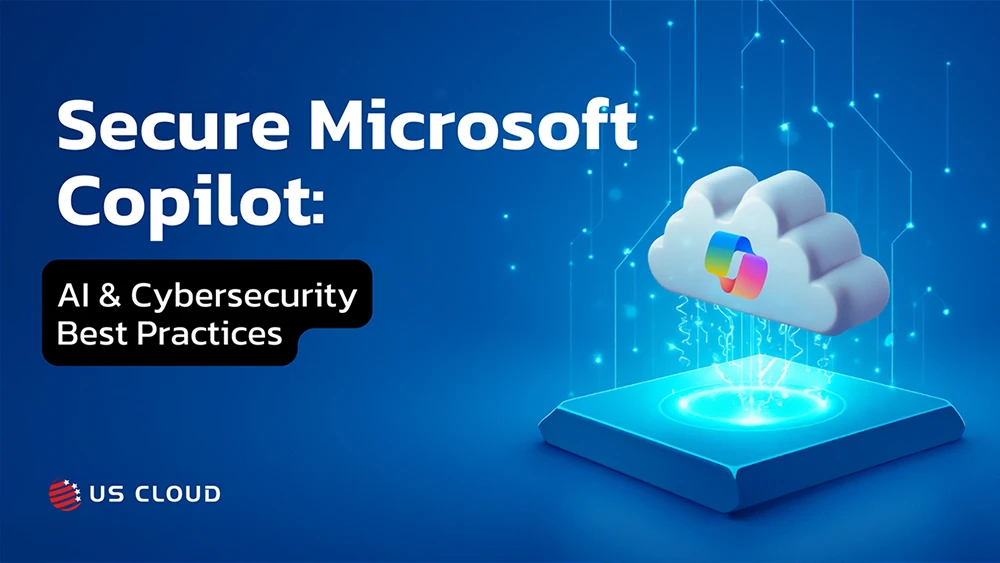Microsoft AI and the Growing Case for Third-Party Support.

Microsoft is undergoing a transformation — and enterprise IT leaders are right to pay attention. As the company pours billions into AI development, it’s also laying off support engineers, consolidating services, and pushing Copilot deeper into every corner of the Microsoft stack.
These changes raise a critical question: Is Microsoft still the right partner for enterprise support?
For IT teams navigating complex environments — and procurement teams making multimillion-dollar renewal decisions — the answer increasingly lies in third-party Microsoft support. This post explores what you need to know about Microsoft’s evolving strategy, how it affects support quality, and what alternatives are emerging in 2025.
Microsoft’s AI-First Pivot
In early 2025, Microsoft made headlines for cutting thousands of roles — including some of the very talent that powers its Unified Support program. Meanwhile, it doubled down on Copilot and the company’s AI infrastructure. That includes expanding AI capabilities across Azure, Microsoft 365, and Edge.
The message is clear: Microsoft is investing in scalable AI-driven solutions over traditional support models. That may benefit shareholders, but what does it mean for enterprises with complex, mission-critical environments?
What Copilot Means for Support
Copilot offers impressive productivity gains in user-facing applications. But when applied to support, its usefulness is more limited — and potentially risky.
AI may be able to draft emails or suggest code, but diagnosing a failing hybrid Exchange deployment? That still takes a real engineer.
And because Copilot is deeply integrated into the Microsoft ecosystem, using it more often means increasing dependency on Microsoft — introducing strategic vendor lock-in that many enterprises are trying to reduce.
Enterprise Concerns Around AI Support
Enterprise IT and procurement leaders have other concerns too:
- Trust and compliance: Can AI handle sensitive data securely, especially in healthcare, finance, or government?
- Complex environments: Hybrid, legacy, or customized deployments often confuse AI-driven tools.
- Opaque pricing: Microsoft’s AI-enhanced support options are bundled into costly tiers, often without clear ROI.
When AI becomes a black box — with no real person accountable — IT leaders lose visibility and control.
For this very reason, it is essential to have effective support around setting up AI initiatives to succeed securely.
Unified Support Is Slipping on AI Support
Support under Microsoft Unified is already showing cracks:
- Escalations take longer
- Frontline staff lack product depth
- Assigned TAMs are frequently reassigned or missing altogether
- Reassigned TAMs are replaced by CSAMs
Post-layoffs, these issues have only gotten worse. For enterprises counting on 24/7 expert coverage, that’s a dealbreaker.
It should also be noted that, once your team adopts Copilot into your day-to-day operations, your Unified Support price typically increases—along with certain security risks, if you and your support team aren’t careful.
Finally, Unified Support engineers are not incentivized to help you right-size your licenses. If you are paying too much for your Microsoft AI licenses (or any other products from Microsoft), there is a good chance that your Microsoft CSAM or engineer will not inform you about it. A third-party support solution does not earn more when you pay more for your Microsoft products, which opens the door to more candid assessments of your licensing structures.
Why Third-Party Microsoft Support Is Rising
Enter third-party Microsoft support providers like US Cloud.
We offer a fundamentally different experience:
- S.-based engineers who pick up the phone
- Consistent TAMs who know your environment
- Guaranteed SLAs and faster response times
- Transparent, flat-fee pricing
We’ve seen a significant uptick in enterprise clients who are frustrated with Unified Support and want a better alternative. And they’re staying — because it works.
Once again, as a third-party support provider, organizations like US Cloud can provide you with service that acts in your best interests when it comes to your Microsoft licensing and support. That means support that protects your security and remains a true source of support—not a sales pitch.
What Procurement Should Be Asking About Unified
Before renewing Microsoft Unified, your procurement team should be asking:
- What’s the actual response time for critical support tickets?
- How will Microsoft handle hybrid environments or legacy workloads?
- What data does Copilot use — and is it compliant with your industry?
- How much are we really paying for AI features we may not need?
By comparing those answers against how a third-party alternative can help you protect your systems in your best interest, you’ll be better equipped to negotiate — or walk away.
Final Takeaways: Microsoft AI for Enterprises
AI is here to stay, and it will undoubtedly improve some aspects of enterprise support. But Microsoft’s current direction is creating more questions than answers for IT and procurement leaders.
Third-party Microsoft support gives you something Microsoft no longer guarantees: expert help, on your terms.
As Microsoft bets big on AI, smart IT leaders are betting on flexibility, accountability, and real human support. Book a call with US Cloud today to learn more about how a third-party support system can ensure that your team can take advantage of AI growth without risking your security.

